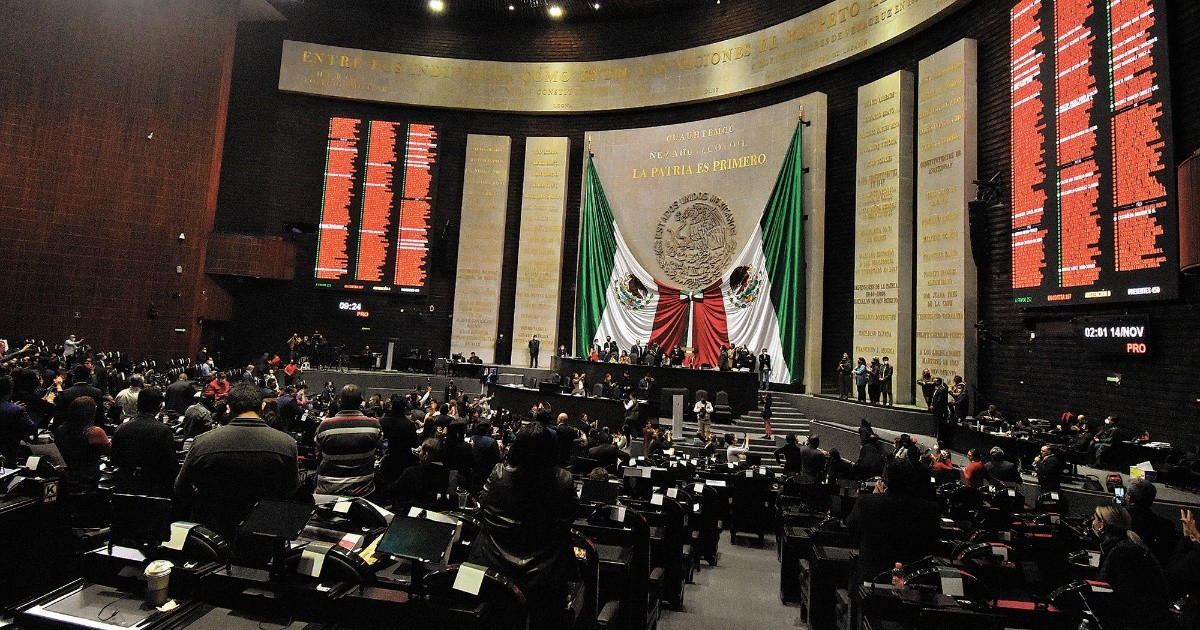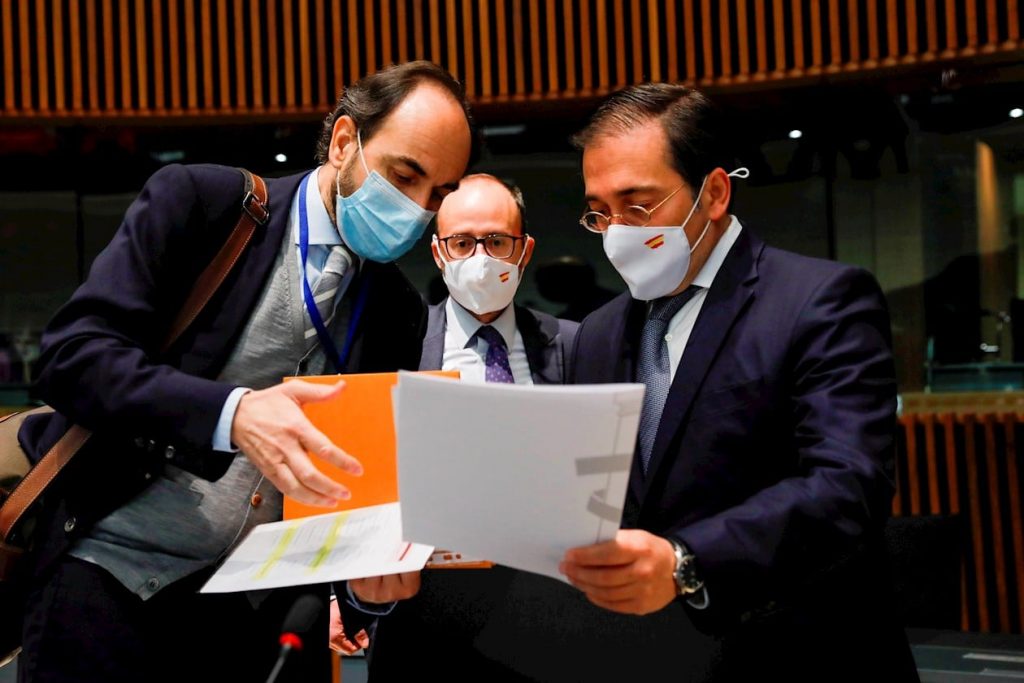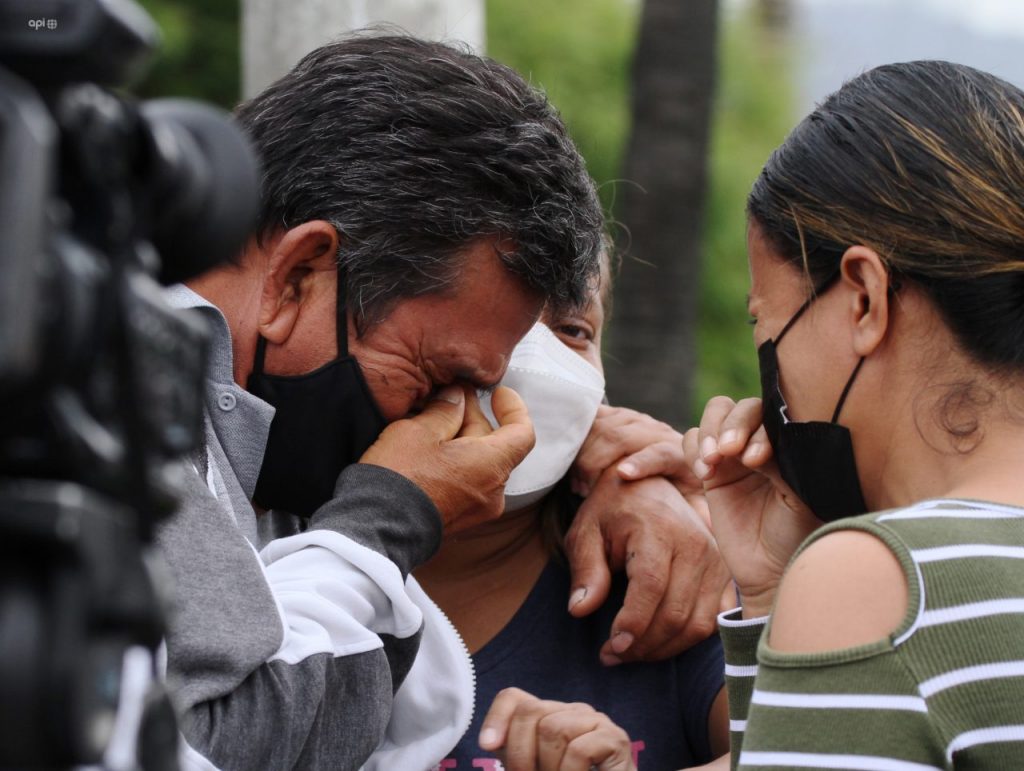After a marathon discussion that began last week and lasted until Sunday, November 14, the Chamber of Deputies approved the Federation Expenditure Budget (PEF) 2022, for a total expenditure of 7 billion 88,250 million pesos for the next year.
This historic budget – strongly criticized by the opposition – was approved around 2:15 in the morning of Sunday, with 273 votes in favor, 214 against and zero abstentions, after the discussion of 1,994 reservations that were presented by the different benches, –more than 800 were sent to the Diary of Debates without discussing it– and of which none were approved.
Of this budget, 8.6% higher than the one approved for this year, 56.6% will be settled with the payment of taxes from taxpayers, in accordance with the Federal Income Law that was published in the Official Gazette of the Federation. In total, the culprits will contribute just over 3.9 billion pesos.
“The PEF 2022, approved today in the Chamber of Deputies will allow to consolidate the economic recovery, focusing social spending on the most vulnerable population and underpinning investment in regional strategic projects, maintaining fiscal prudence and economic stability,” he said on social networks Rogelio Ramírez de la O, Secretary of the Treasury.
Meanwhile, President Andrés Manuel López Obrador indicated that the approval of the PEF is “good news, for the good of all” and especially for 25 million families who are in poverty or are middle class.
“They will benefit from resources from programs aimed at guaranteeing health, education, development and well-being, like never before,” he also said on social media.
How will the next year be spent?
Of the spending that is projected for next year, 74% will go to programmable spending, that is, that which is intended to provide public goods and services to the population, while 26% will go to non-programmable, which refers to payment of the fulfillment of obligations such as participations, debt payment and pensions.
Within this budget, which is characterized by a second year of pandemic, it is contemplated that health spending will increase by 15.2% to continue facing Covid-19.
In addition, the PEF 2022 continues to support the government’s flagship programs and works, such as the Pension for the Welfare of Older Adults, the Mayan Train, the Construction of Dos Bocas, among others, despite criticism from the opposition who questioned the social and economic benefit that they can generate.
The PEF 2022, approved today in the Chamber of Deputies, will allow the consolidation of the economic recovery, focusing social spending on the most vulnerable population and underpinning investment in regional strategic projects, maintaining fiscal prudence and economic stability ”.
Rogelio Ramírez de la O, Secretary of the Treasury.
In the case of investment spending, a figure that is also historical is proposed, for 982,287 million pesos, 14.3% more than what was approved for this year. Of this amount, 87.9% will be used for physical budgetary investment; 10.9% to financial investment; and 1.2% to subsidies for the social sector and for states and municipalities.
Another increase that stands out is the one that refers to federalized spending, which will be just over 2.1 trillion pesos, 4.9% more than last year, and the largest increase so far in the current six-year term.
The reallocations that made noise
The ruling that was endorsed by the legislators contemplated a series of reassignments for around 8,000 million pesos. Of these, the big losers were the autonomous branches, which had their spending cut to expand the budget of some emblematic programs of the current administration.
In this sense, the cut that caused the most stir was the INE, for 4.913 million pesos, which opposition deputies pointed to as a “political revenge” against the institute.
Likewise, 2,935 million pesos were cut to the Federal Judicial Council, 125 million to the Chamber of Deputies and 65 million to the Supreme Court of Justice of the Nation.
In contrast, the administrative branches will have a larger budget than was originally proposed, where the priority programs of the Andrés Manuel López Obrador government will benefit the most, such as Sowing Life, Fertilizers and the Welfare Pension for People with Permanent Disabilities. .















